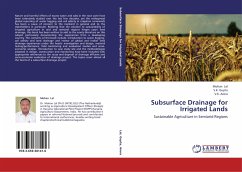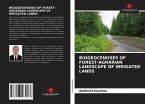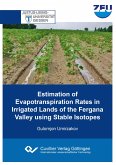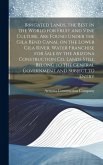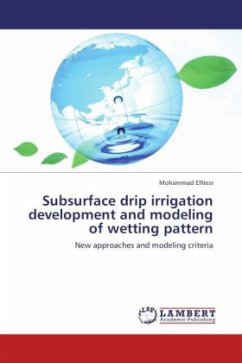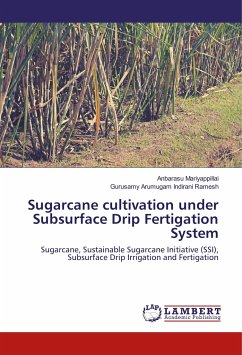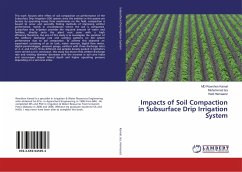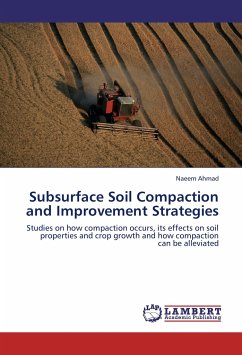Nature and harmful effects of excess water and salts in the root zone have been extensively studied over the last few decades, yet the widespread global reporting of water logging and soil salinity in irrigation commands has been a cause of concern to the mankind in general and to the stakeholders in particular. Realizing that the solution to sustainability of irrigated agriculture in arid and semiarid regions hinges upon land drainage, this book has been written to add to the scanty literature on this subject particularly documenting the experiences from a developing country. The contents of this book include: introduction to water logging, soil salinity and land drainage and review of global and Indian land drainage experiences under the heads: investigation and design, material testing/performance, field monitoring and evaluation studies and socio-economic analysis. Introduction to case study site and the methodologies adopted in design, construction and monitoring have been included with appropriate references to the reuse and disposal of drainage effluent and socio-economic evaluation of drainage project. The topics cover almost all the facets of a subsurface drainage project.
Bitte wählen Sie Ihr Anliegen aus.
Rechnungen
Retourenschein anfordern
Bestellstatus
Storno

